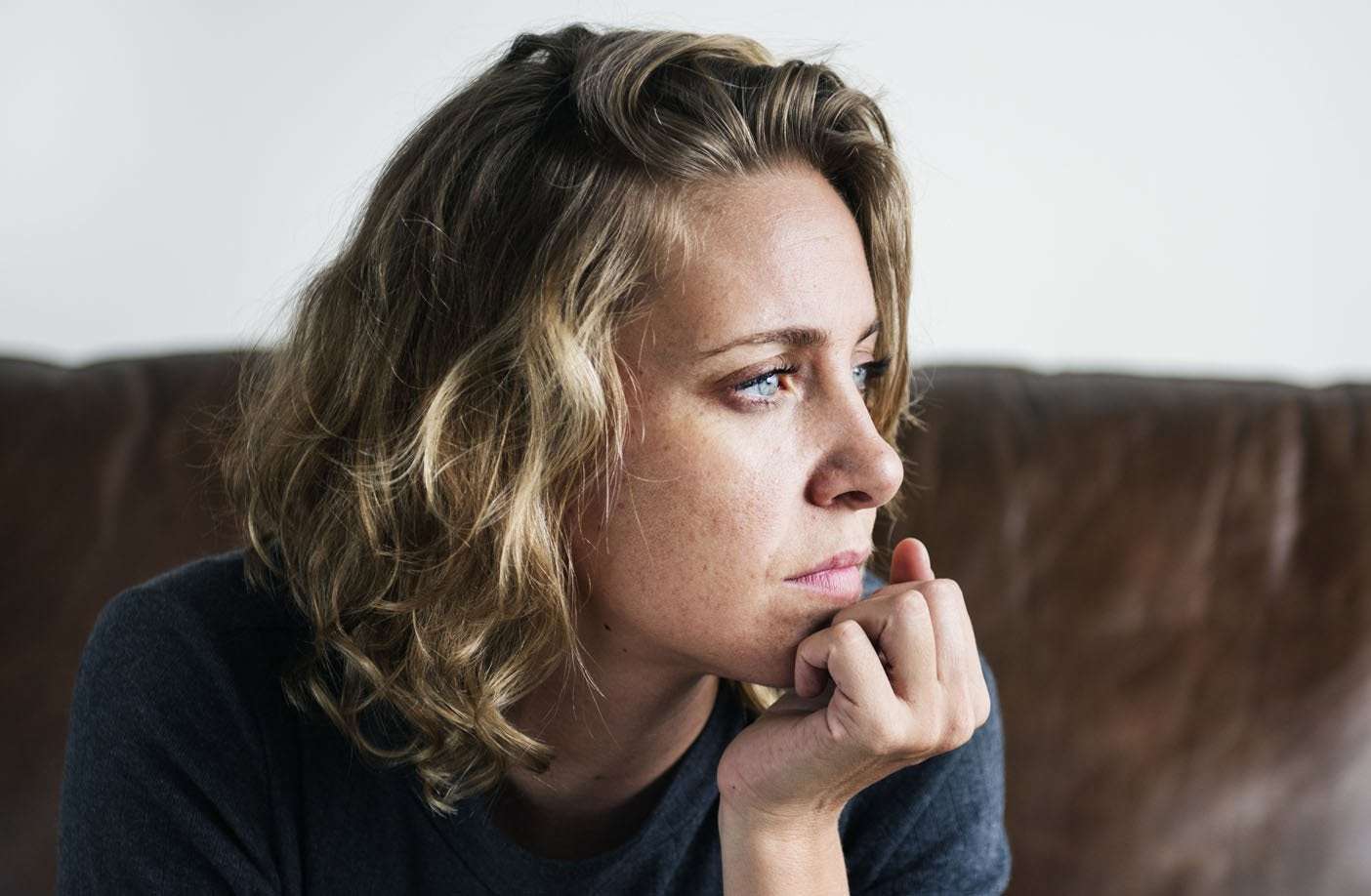People with social anxiety tend to have a harder time remembering social scenarios that end positively, according to new research published in the journal Cognition and Emotion. The study provides more evidence that social anxiety is related to biases in memory.
“Prior research has suggested that symptoms of social anxiety are related to memory biases for autobiographical information, and particularly biases for negative social information,” explained study author Mia Romano of the University of Waterloo.
“We were interested in trying to understand whether or not these biases occur only for social information that is negative, specifically, or whether perhaps such biases might extend to positive social information, or even non-social information.”
In the study, 197 participants were asked to imagine ten specific social and non-social scenarios. Participants were later asked to recall as many scenarios as they could, recall whether the outcome was positive or negative, and recognize certain details from the scenarios.
“We compared memory performance for imagined social and non-social scenarios that ended with either a positive or negative outcome; for example, going on a date (social) and your date giving you a compliment (positive) or being rude (negative), and making dinner (non-social) and it tasting great (positive) or tasting awful (negative),” Romano explained.
“In making these comparisons we also accounted for the degree of social anxiety self-reported by our study participants. We found that all participants, no matter what level of social anxiety they experienced, had similar memory for the non-social scenarios.”
But the researchers did observe a particular memory bias among participants with higher levels of anxiety.
“Interestingly, memory for the social scenarios was different depending on whether participants self-reported low or high levels of social anxiety. We found that participants with high levels of social anxiety had worse memory for the details of the scenarios that had a positive outcome,” Romano told PsyPost.
“It could be that such positive social information was less memorable for these participants because this type of information doesn’t conform to the typically negative social schema held by individuals with high levels of social anxiety.”
Unexpectedly, however, participants with high levels of social anxiety generally did not display superior memory performance for social scenarios that end negatively.
And as with all research, the study includes some caveats.
“We used a novel paradigm to investigate our research question. This paradigm was useful because we were able to determine how accurate participant memory was for each type of scenario, but a caveat of this approach is that we did not ask participants to remember true autobiographical events that they had experienced themselves,” Romano explained.
“We would love to conduct follow-up research to determine whether our results would be similar when participants are asked to remember details of positive and negative social and non-social events they had experienced themselves. This would allow us to determine whether social anxiety is related to worse memory for real-life positive social information and would contribute to our understanding of autobiographical memory biases in social anxiety disorder more broadly.”
The study, “Social anxiety is associated with impaired memory for imagined social events with positive outcomes“, was authored by Mia Romano, Emma Tran, and David A. Moscovitch.

lujodobojo on February 13rd, 2020 at 19:55 UTC »
We also have a tendency to avoid too many social settings, which in turn makes situations like that few and far between, thus making them harder to remember, possibly.
HoldThisBeer on February 13rd, 2020 at 17:57 UTC »
Part of the cognitive behavioral therapy for social anxiety is to write down your thoughts and emotions immediately after the social situation. This way you will have the most accurate "memory". Often you will find out that it wasn't as bad as you had anticipated and hopefully you will be less anxious the next time you face a similar situation.
ButchOfBlaviken on February 13rd, 2020 at 17:34 UTC »
Is this a cause or the effect of social anxiety?
EDIT: As u/JoeKingQueen pointed out, the study shows a correlation, which, if you'll excuse the overused phase, does not imply causation.